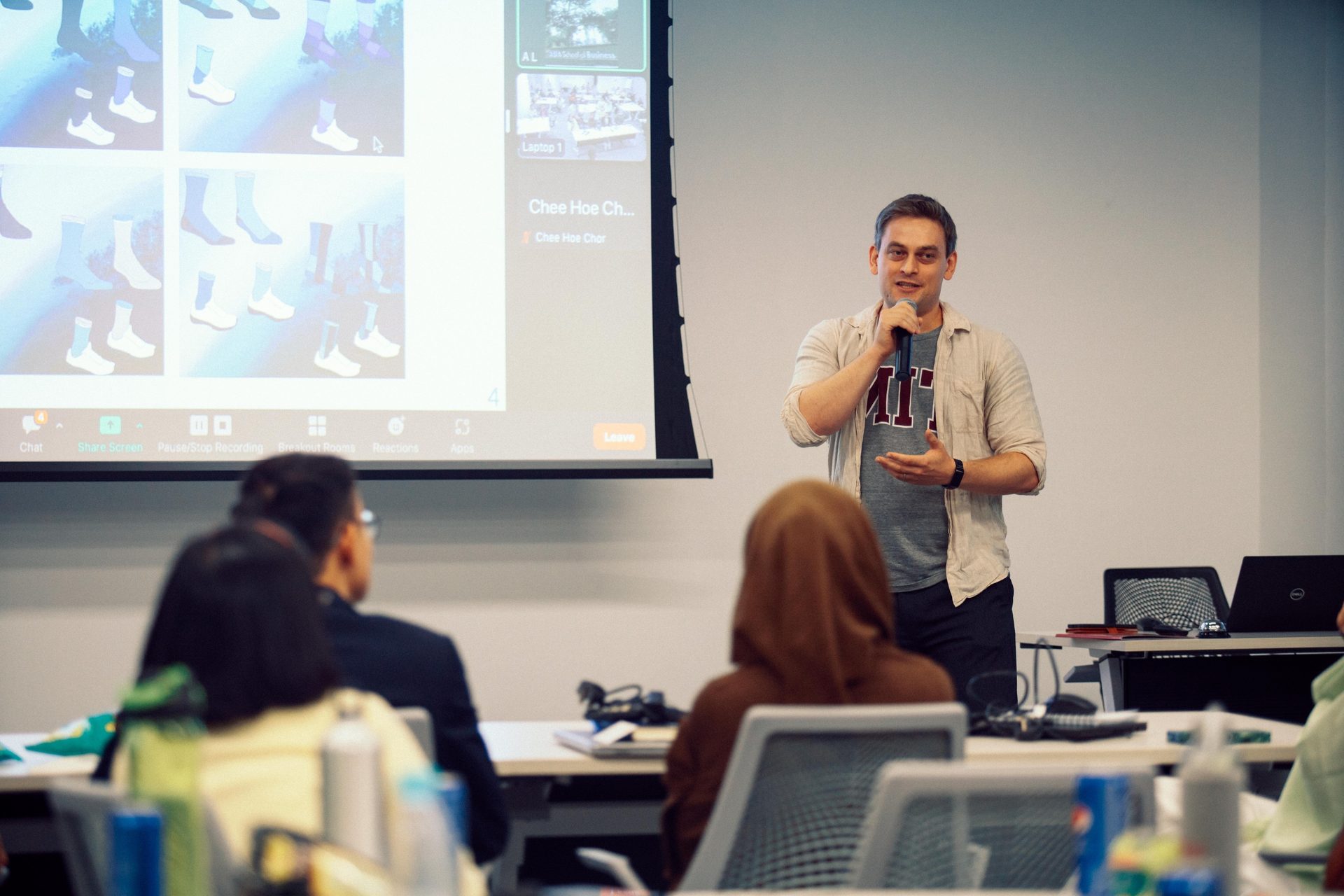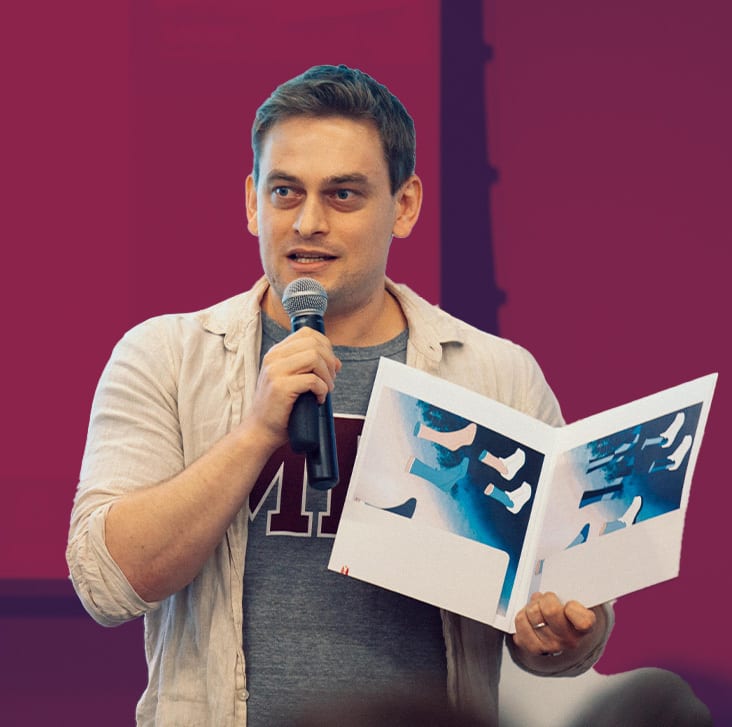In the process, Haywood learned more about e-commerce, stakeholder management, data analytics, and even machine learning — in the field, in classrooms, and of course, eventually in Boston for the Spring Immersion experience.


As a literature undergraduate, Eric Haywood from the US developed the urge to travel the world and soak up as much culture as he could. This longing transported him to Japan, where he worked in sales for an industrial printing company. The role eventually sparked his interest in strategy, finance, and marketing — all of which he wished he had formal training in. Researching experiential programs in the US led him to MIT, where an admissions officer couldn’t help but pick up on Haywood’s interest in Asia. So, they referred him to ASB.
“I hadn’t been to Malaysia at that point, but I knew that as far as business goes, Southeast Asia is one of the most dynamic regions in the world,” he says. “Furthermore, it was the Action Learning element of the program that got me. It’s different from working, where the stakes are high. These opportunities allow us to apply knowledge as we learn it, take risks, and be ambitious with our objectives.”
Haywood’s assignments got him working with development funds for the UN and the Thailand government, as well as for a Japanese consulting firm. Through these projects, he learned how to manage teams. “You’ve got four people on your team. You've also got your
professors and the school, and they've got their goals. Then you have the company and their expectations for the project,” he says. “The key lesson I learned from this is how to bring people together and rally them around the goal.”

Soon, that’s exactly what he’ll do as a full-time Master of Science in Management Studies student at MIT Sloan. Already a graduate, he has taken steps to join the MIT Momentum Accelerator and launched his first business venture. Collaborating with a fellow ASB MBA alumnus based in India, they are working together on initiatives designed to make a meaningful societal impact.
Haywood’s start-up, known as Mersing Waste to Wealth, is committed on developing and deploying recycling technologies. Their current focus centers on recycling fishing nets, a growing global ecological concern, given that most of these nets aren’t biodegradable. Mersing’s mission is to collect these nets, transform them into thread, and repurpose them into environmentally friendly socks.
“Everyone there was just so good at teaching,” he says. “I’m not a finance guy, but I took on an advanced managerial finance course that I could not get enough of, despite sometimes spending up to six hours a day in that class. The professor was just that good. After just a month at MIT, I knew I needed to come back here one day.”
Haywood knew it would be the ideal place for him to advance the love for entrepreneurship he developed at ASB. “The MBA is a perfect time in life to decide what you want to do,” he says. “When I joined, I thought I wanted to be a management consultant. But after seeing all the different ways people can build careers and have happy, enriching lives, I got to make an informed decision about how I want to spend the rest of my career. I got really interested in entrepreneurship”.

Copyright © 2024 Study International, official representative of Asia School of Business

